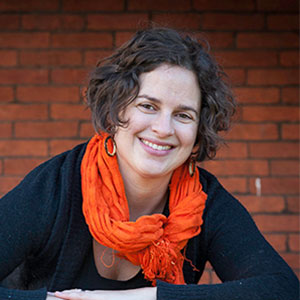By Janneken Smucker, Workshop Leader
The field of oral history has made dramatic changes with the introduction of new digital technologies. And with those technologies, our expectations have changed too. For interviews and projects in which we have permission to share the words of our narrators, there is an urge to quickly post online. But how can we be sure we are doing so in a thoughtful, engaging, and sustainable way? And how can we do so without breaking our budgets?
My upcoming workshop, “Creating Digital Exhibits Using Oral History,” will focus on relatively easy ways to share digital oral history content and accompanying visual material online. You don’t have to be a tech genius to create meaningful interpretive content to engage your audiences in your oral history projects. But you do have to be willing to learn a few tricks, experiment with the best formats, and troubleshoot when things aren’t quite how you envision them. These are the lessons I’ve learned from using oral history interviews in my undergraduate digital history courses. My students and I don’t expect to create the same interactive masterpieces that get funded by big digital humanities grants, but we do strive to make meaningful, accessible exhibitions that allow the interviews we are working with to have audiences far beyond the college classroom.
The workshop will explore free and low-cost solutions to sharing oral history online. We will experiment with commonly used open source platforms including WordPress, Omeka, and OHMS, along with freely available online tools like SoundCloud, ThingLink, and HistoryPin. Bring your laptop and prepare for a hands-on workshop.
The workshop is sponsored by the Richard B. Russell Library for Political Research and Studies, University of Georgia, and will be on Wednesday, October 4, at 8:30 a.m. at the OHA annual meeting in Minneapolis.
